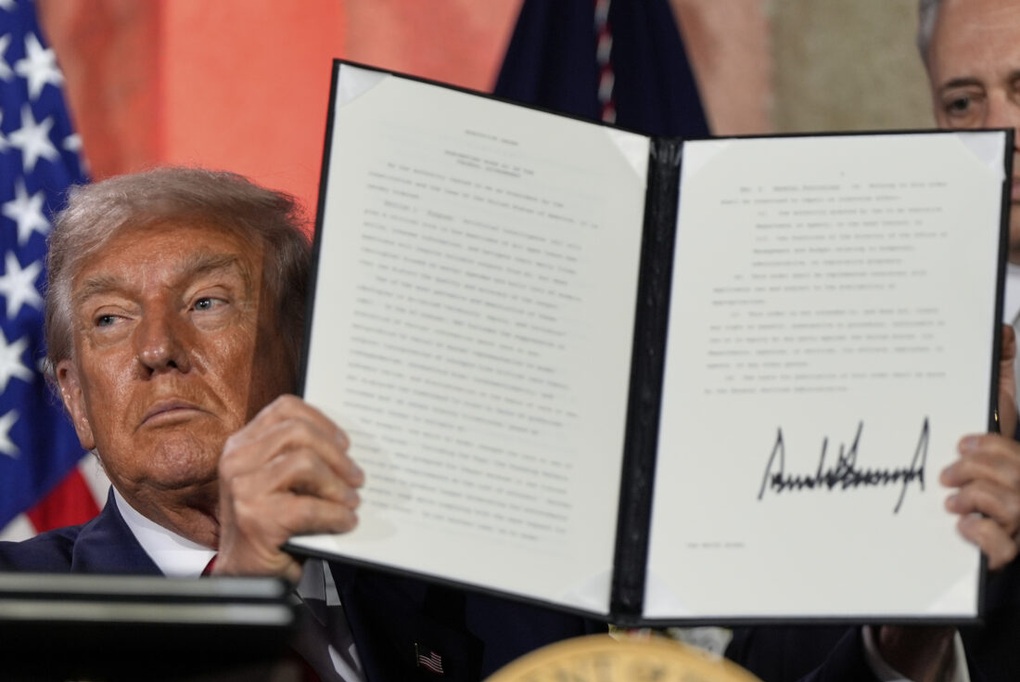
President Donald Trump issued an executive order on AI on July 23 (Photo: Nikhinson).
The move is creating a new legal hurdle for tech companies looking to sell AI products to governments , forcing them to prove their chatbots are not “influenced” by social ideologies.
Meanwhile, President Trump's AI plan is said to be aimed at countering China's AI dominance and reinforcing American values by requiring leading AI providers like Google (with its Gemini chatbot) or Microsoft (with Copilot) to disclose the internal policies guiding their chatbots and self-censor to maintain government contracts.
"Woke" AI or Discriminatory AI?
The White House executive order targets efforts by tech companies to incorporate concepts like critical race theory, sexism, unconscious bias, intersectionality and systemic racism into AI models.
Modeling the behavior of large language models (LLMs) is a major challenge.
LLMs are trained on massive amounts of data from the Internet, reflecting every bias and contradiction in human language.
“This is going to be incredibly difficult for tech companies to comply with,” said Jim Secreto, a former Biden administration official. “Large language models reflect the data they’re trained on, including all the inconsistencies and biases in human language.”
Soft censorship or hard control?
President Trump's executive order targeting AI companies demonstrates neutrality between ideology and technology.
“The presidential administration is taking a softer but still coercive approach by using federal contracts as leverage. This creates intense pressure on companies to self-censor to keep the government in good graces and maintain cash flow,” Secreto explained.
However, former senior technology expert at the Federal Trade Commission of the Republican Party, Neil Chilson, said the order was "fairly mild" and not difficult to comply with.
He stressed that President Trump's executive order does not require tech companies to ban specific AI content, but only requires developers not to intentionally encode partisan or ideological judgments.
Reaction from tech giants
So far, big tech companies have remained cautious.
OpenAI said it is awaiting more detailed guidance but believes ChatGPT's efforts to achieve its goals put the technology in line with the order's requirements.
Microsoft, a key service provider to the federal government, declined to comment.
Elon Musk's xAI issued a statement praising President Trump's AI announcement as a "positive step forward," but did not answer a question about how Grok would be affected.
Anthropic, Google, Meta and Palantir did not respond to requests for comment.
Source: https://dantri.com.vn/cong-nghe/nhieu-ga-khong-lo-cong-nghe-e-de-truoc-sac-lenh-ai-moi-tu-tong-thong-trump-20250725141514719.htm



![[Photo] Prime Minister Pham Minh Chinh chairs a meeting of the Government Standing Committee to remove obstacles for projects.](https://vphoto.vietnam.vn/thumb/1200x675/vietnam/resource/IMAGE/2025/10/06/1759768638313_dsc-9023-jpg.webp)
![[Photo] Prime Minister Pham Minh Chinh chaired a meeting of the Steering Committee on the arrangement of public service units under ministries, branches and localities.](https://vphoto.vietnam.vn/thumb/1200x675/vietnam/resource/IMAGE/2025/10/06/1759767137532_dsc-8743-jpg.webp)



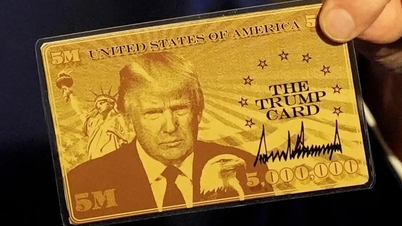
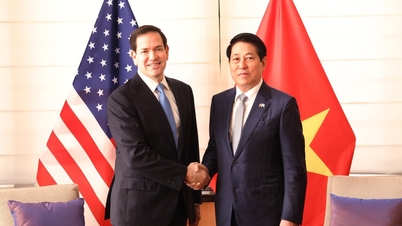





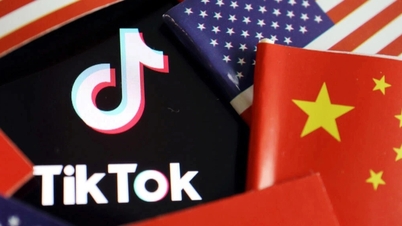


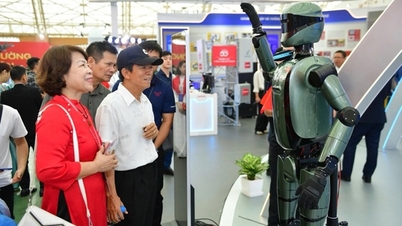
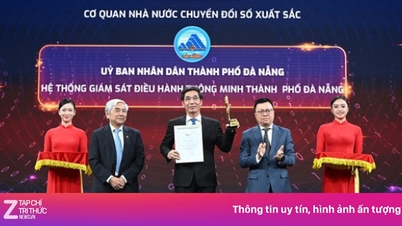

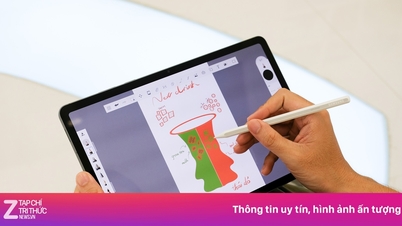
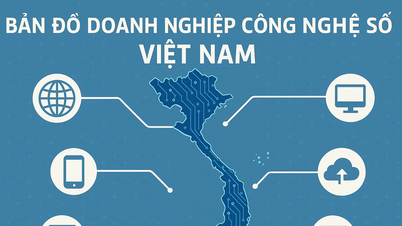











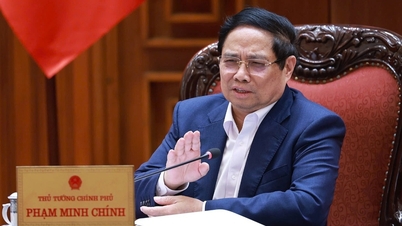




































































Comment (0)